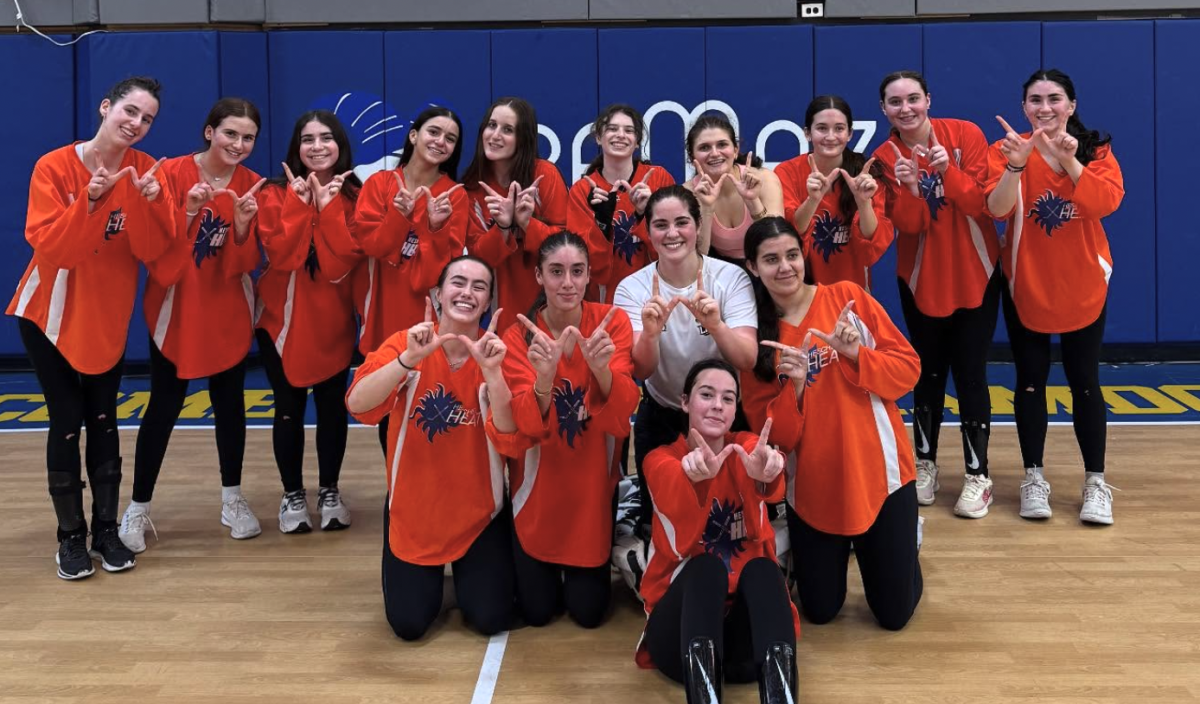In the months since Oct. 7, Dan Senor’s Call Me Back podcast has attracted hundreds of thousands of listeners and featured dozens of high-profile guests, from novelists to prime ministers. But to Senor, the podcast is the same as it’s always been: just conversations and a microphone.
Senor started Call Me Back in the fall of 2020. During the pandemic, he found himself having long conversations with friends, who also happened to be acclaimed intellectuals, journalists, and politicians. Senor recalled that one day he “thought– why not record one of these conversations, and see if there’s appreciation for it beyond just me and my guest? And there was.”
His earlier episodes focus on the pandemic’s ongoing influence on the economy, politics, and pop culture, and how it would continue to do so even after the end of quarantine. Yet, Senor knew he didn’t want the podcast to remain focused on the pandemic after COVID’s cultural relevance diminished.
Episodes of Call Me Back began to focus on a wider variety of topics, including American higher education, the war in Ukraine, and infighting within the Israeli government. However, after the horrific events of Oct. 7, and in the process of checking in with all of his Israeli friends after the terror attacks, Senor refocused on Israel. During a conversation he had with Haviv Rettig Gur, The Times of Israel’s political analyst, Senor said to Gur, ‘Wait, stop talking. Let me record this conversation.’ And Gur responded, ‘I don’t want this to be a podcast episode.’ And I said, ‘I won’t upload it unless you’d like me to.’” The episode went up on Oct. 8 and brought a massive jump in listenership for Call Me Back. After it was released, Senor recalls thinking that the path forward for Call Me Back “all made sense.”
Senor believes the podcast has earned its high degree of popularity because it caters to how the general public wants to be informed about the conflict. Senor said, “There’s a lot of demand for resources, for the history of this conflict– understanding how we got here.” Episodes consist of historical context, educated opinions, facts, and above all else, stories from real people who have experienced struggle through the war. In the months since Oct. 7, Senor’s guest list has included Rachel Goldberg and Jon Polin, parents of Hamas hostage Hersch Goldberg-Polin, US representative Ritchie Torres, and Israeli Prime Minister Benjamin Netanyahu.
Although antisemitism in America is a rarer topic of discussion on Call Me Back, it weighs heavily on Senor. He notes that “saying hateful things and inciting violence [are seen as unacceptable] to virtually every other minority group,” but against Jews, they have been met with encouragement, the “textbook definition of discrimination” in his words. Universities’ reactions to the conflict have been especially stupefying.
Senor attributes universities’ reactions to “a culture that was morally indefensible [anti-Jewish hatred] now becoming socially acceptable.” He “[wants to encourage] families to think much less traditionally about where their kids go to school now. I think a lot of these places [universities] are very hostile now and aren’t going to be done anytime soon.”
Senor attributes some of his success with Call Me Back to his books on Israeli culture. The first, Startup Nation, focused on the Israeli economy, while The Genius of Israel, released on Nov. 7, 2023, focused on Israeli culture, specifically the Israeli tendency to withstand hardship by creating happiness. The books, Startup Nation especially, exposed the general public to an aspect of Israeli culture that is often obscured. In similar fashion, Call Me Back exposes the general public to the emotion and tragedy underscoring Oct. 7 and the subsequent months. “You know, people hear from Israelis every day. But it was clear to me that people weren’t hearing enough from regular Israelis. . . .So what I’ve learned along the way: there is an extraordinary appetite for education,” he says.


